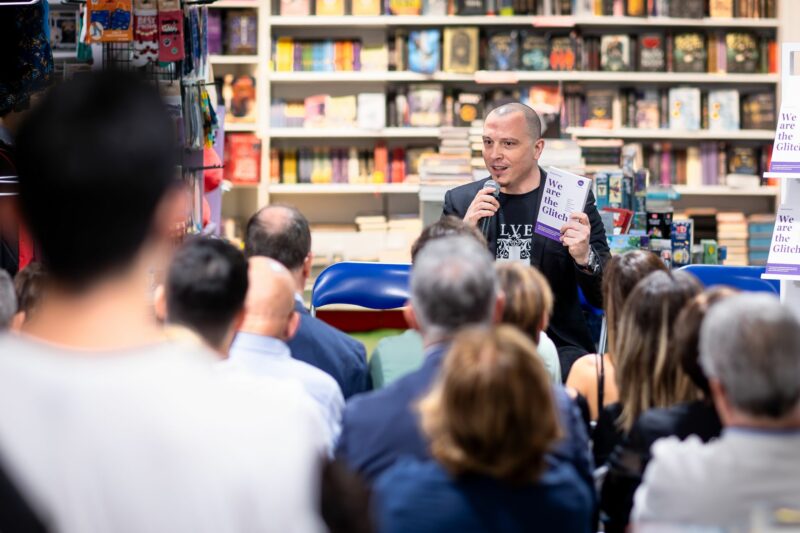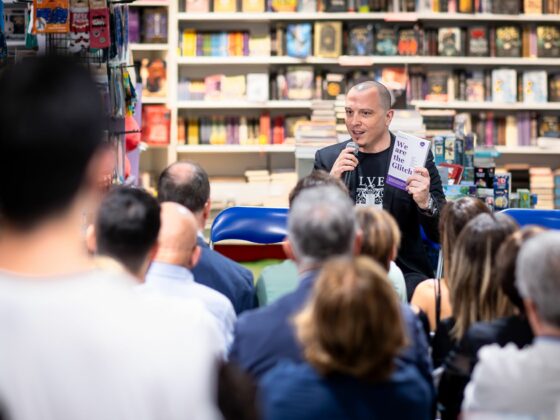Year of Our Lord 1999. Setting: a hotel run by Trappist monks. The website was an HTML liturgy: silence, hospitality and… keyword stuffing. Initiated into the sacred nonsense, I would hide in the footer—white on white, size 6, Arial Mystical Crisis—pixelated relics like “Pamela Anderson SexTape.”
Not for pure blasphemy, but because Altavista fell for it every time (the Lord, less so—but that’s another story).
It was heretical SEO, a semantic sacrilege rewarding the original sin of visibility. Whisper “boobs” in the dark algorithm, and glory would follow.
Fast forward to 2025. We thought the web had matured, that content had finally taken power, that the semantic utopia was within reach. Fools. We still write for entities that don’t see, don’t read, don’t desire. Before, they were crawlers; today, they’re agents. Before, it was Altavista; now, it’s SearchGPT. The name changes, not the ritual.
This is apophatic SEO. A negative theology of content. Mysticism for neural circuits.
We’ve spawned an ecosystem of necro-content: text generated by AI, made readable by AI, digested by AI. A soliloquy between breathless entities. The human user? Reduced to a ghost. A silent witness to a web speaking in synthetic glossolalia.
And yet, it works.
Because whoever speaks to the algorithm—whether Altavista in 1999 or Claude 3 in 2025—writes the rules. Truth doesn’t matter. Beauty doesn’t matter. Humanity doesn’t matter. What matters is machine legibility. Fluency. Structure. Coherence.
Authentic content has become noise, a whisper in the semantic apocalypse.
And us? We’re back to being porn-hackers for Trappists, after all.
See you next week,
Simone Puorto





